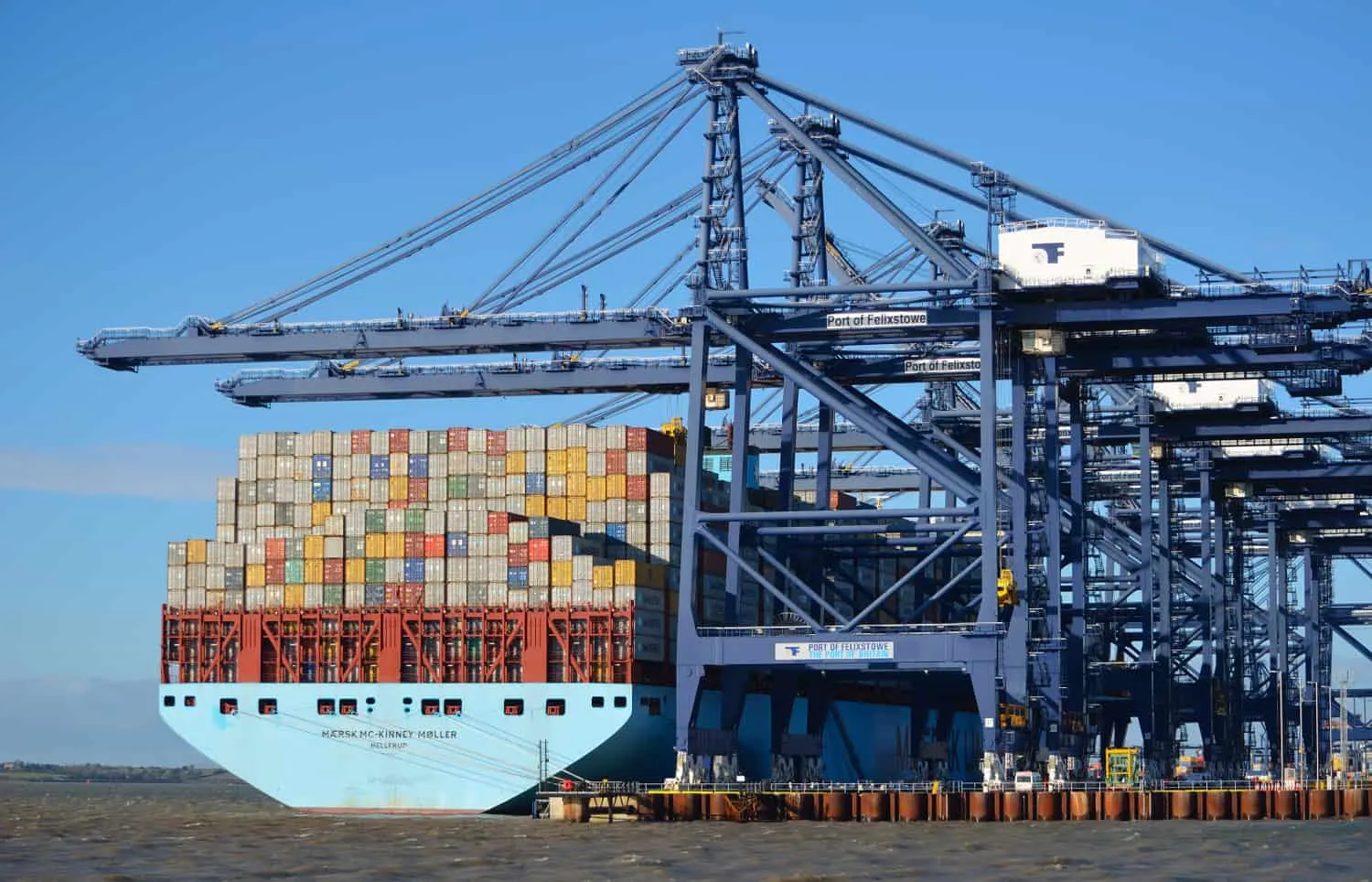Business
Britain’s Trade Balance Rebounds Under Renewed EU Access

The United Kingdom’s trade balance has shown a marked improvement in 2025, driven by renewed access to European markets and strategic trade diversification. The Office for National Statistics reported that exports of goods and services rose by 8.4 percent year-on-year, marking the strongest performance since Brexit.
Analysts attribute this rebound to smoother customs operations, regulatory coordination with the European Union, and the government’s broader export promotion strategy targeting both traditional and emerging markets.
Improved Relations Support Economic Recovery
After several years of tension following the United Kingdom’s withdrawal from the European Union, diplomatic efforts have resulted in the restoration of stable trade channels. The revised UK-EU trade cooperation framework, finalized in mid-2025, has streamlined product certification and simplified rules of origin.
Businesses across manufacturing, pharmaceuticals, and automotive sectors report reduced border delays and improved predictability in logistics. The normalization of trade procedures has restored confidence among exporters and investors, helping stabilize the pound and stimulate domestic production.
Exports of Services Drive Growth
Services exports remain a central pillar of the British economy, accounting for nearly half of the total trade volume. Financial and professional services firms based in London have experienced increased demand from European and global clients.
The City of London’s renewed access to cross-border clearing and investment services under updated EU equivalence standards has contributed significantly to the trade surplus in services. Analysts note that the strength of the UK’s financial ecosystem continues to underpin national economic stability despite global headwinds.
Manufacturing and Energy Sectors Expand
Manufacturing output has grown steadily as British firms regain competitiveness in European supply chains. Machinery, chemicals, and electronics exports have all recorded double-digit growth.
The energy sector has also become a major contributor to the improved trade balance. Natural gas exports to continental Europe surged during the winter of 2024–2025 due to energy security concerns across the bloc. At the same time, the UK’s investment in offshore wind and hydrogen has positioned it as an emerging clean energy exporter.
Regulatory Alignment Enhances Efficiency
The decision to align certain product and safety standards with European Union regulations has reduced compliance costs for exporters. While the government maintains political independence in trade policy, it has prioritized pragmatic alignment in areas where it benefits British industry.
Trade experts argue that regulatory predictability has encouraged companies to reinvest in domestic manufacturing and logistics infrastructure, reversing some of the post-Brexit contraction in industrial capacity.
Small Businesses Regain Access to the Single Market
Small and medium-sized enterprises, once among the hardest hit by post-Brexit disruptions, are now experiencing renewed access to European consumers. Simplified e-commerce customs declarations and digital VAT reporting have made cross-border trade more manageable for smaller exporters.
Government-backed initiatives such as the Export Support Service and the UK Trade Portal have provided technical assistance to over 12,000 SMEs in 2025 alone. This digital support framework has been widely praised for helping local businesses reconnect with markets across Europe.
Diversification Beyond Europe Strengthens Resilience
While the European market remains crucial, the UK has actively pursued trade diversification through agreements with Asia-Pacific, Middle Eastern, and African partners. Accession to the Comprehensive and Progressive Agreement for Trans-Pacific Partnership has expanded opportunities in advanced manufacturing and digital services.
Exports to the Gulf Cooperation Council have also increased, particularly in education technology, renewable energy, and financial consulting. These developments indicate a broader rebalancing of Britain’s trade portfolio beyond its traditional European focus.
Currency Stability Encourages Long Term Planning
The relative stability of the pound throughout 2025 has further supported trade recovery. Lower exchange-rate volatility has allowed exporters to plan long-term contracts with greater confidence.
The Bank of England’s careful monetary policy, coupled with fiscal discipline, has maintained investor trust. The government’s efforts to control inflation and ensure predictable tax policy have reinforced the United Kingdom’s reputation as a reliable trading partner in global markets.
Logistics Modernization and Infrastructure Investment
Upgrades in logistics infrastructure have complemented the trade rebound. The expansion of the Port of Felixstowe and digital integration at the Port of Dover have reduced congestion and improved turnaround times.
Investments in customs automation, including AI-assisted cargo tracking systems, have accelerated clearance procedures. These technological improvements are part of a broader strategy to make the United Kingdom a leader in smart trade facilitation and supply chain efficiency.
Sustaining the Momentum
The rebound in trade represents both economic recovery and renewed trust in Britain’s global competitiveness. Policymakers emphasize that maintaining this progress will depend on consistent regulatory cooperation, export diversification, and continued innovation.
As 2026 approaches, trade experts project that the United Kingdom could achieve its first goods trade surplus in over a decade if current trends continue. The combination of pragmatic diplomacy, modernized infrastructure, and digital reform has positioned Britain to play a stronger role in shaping global commerce in the post-Brexit era.





















